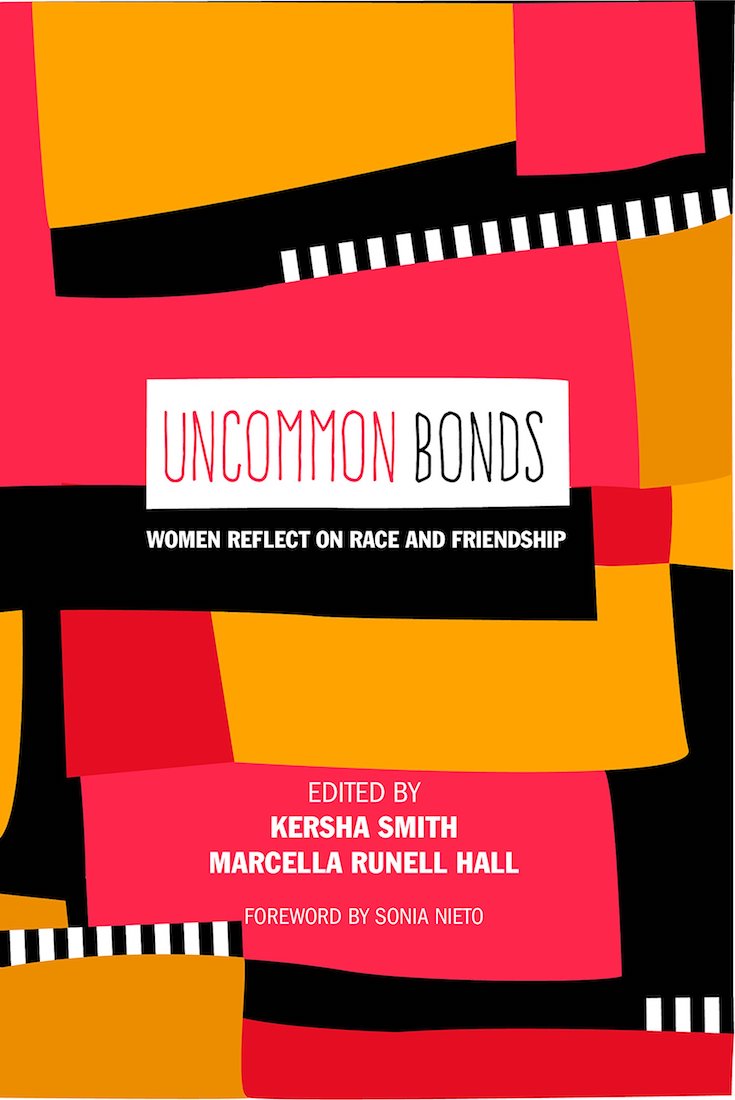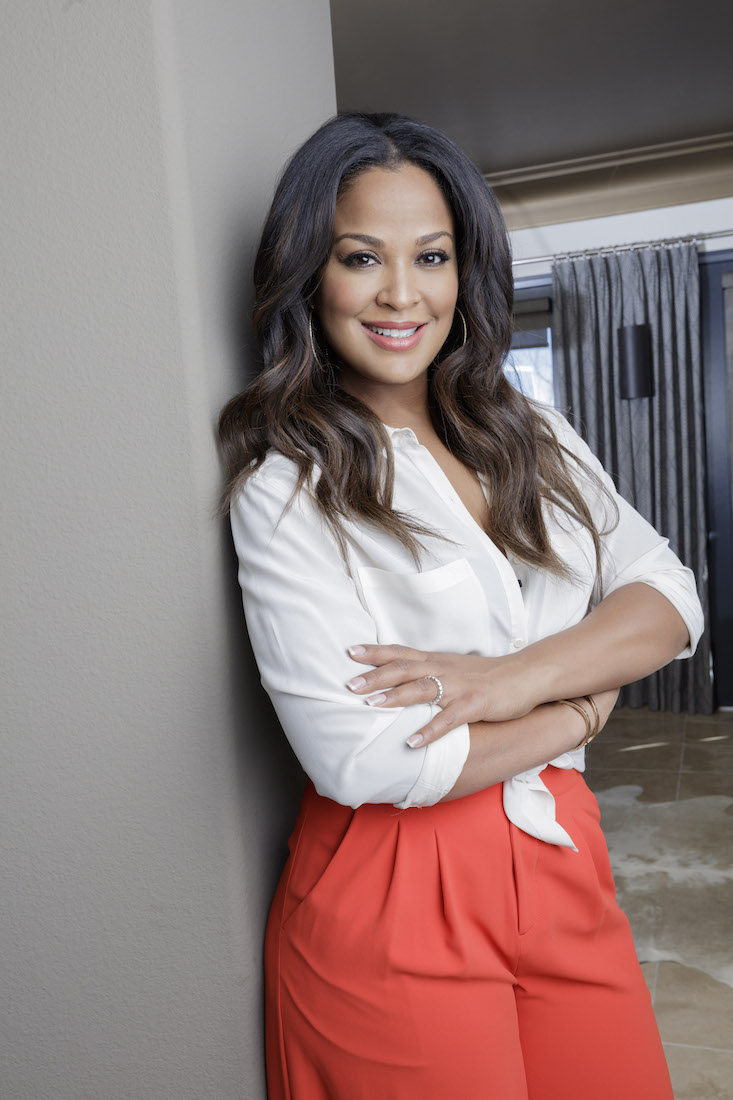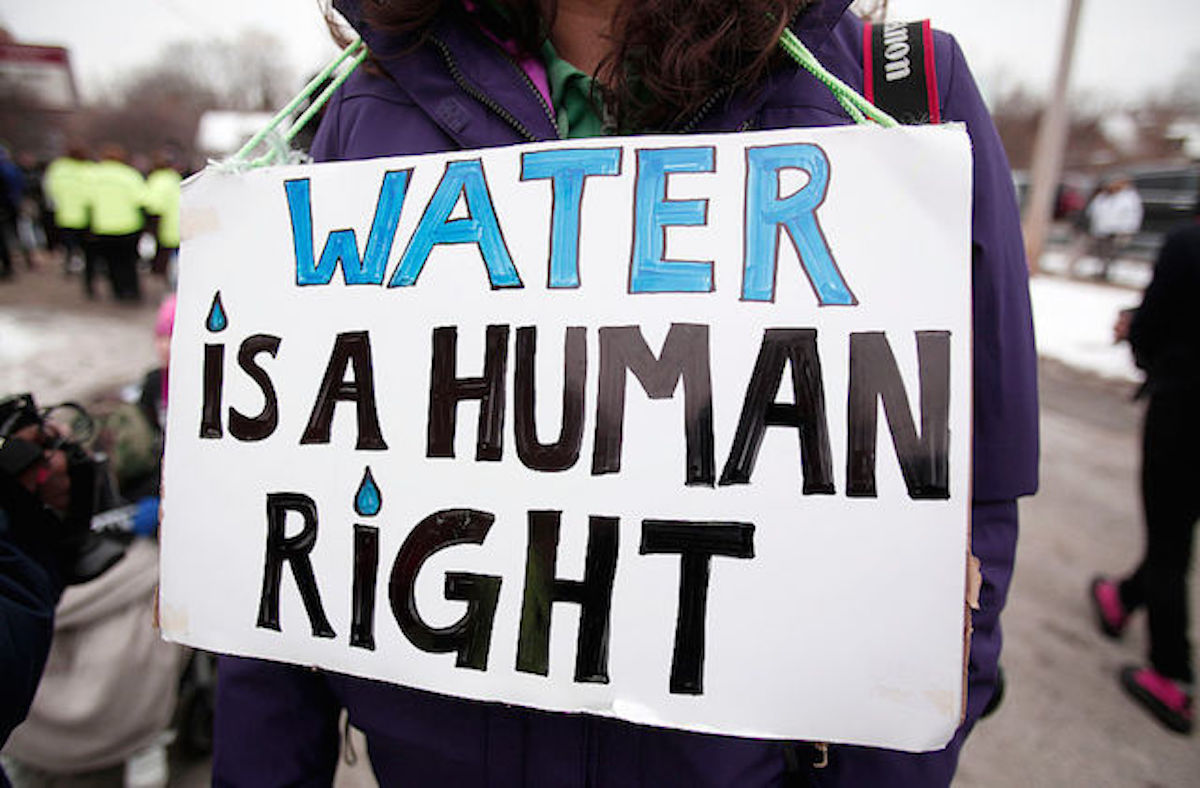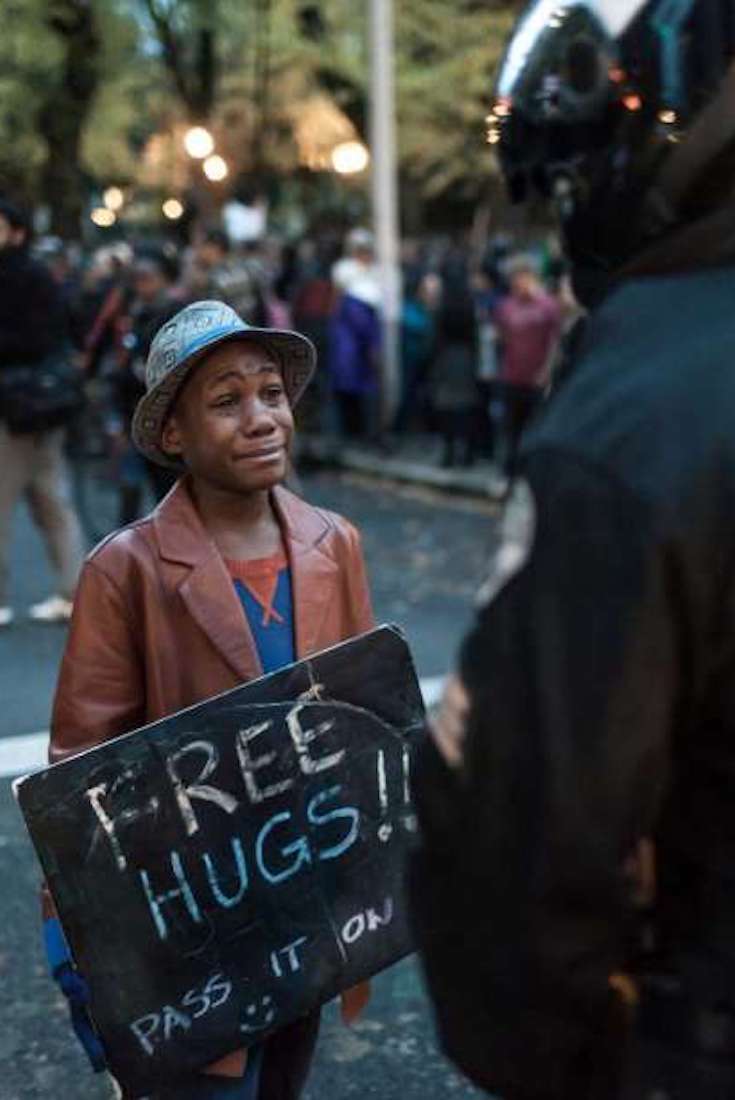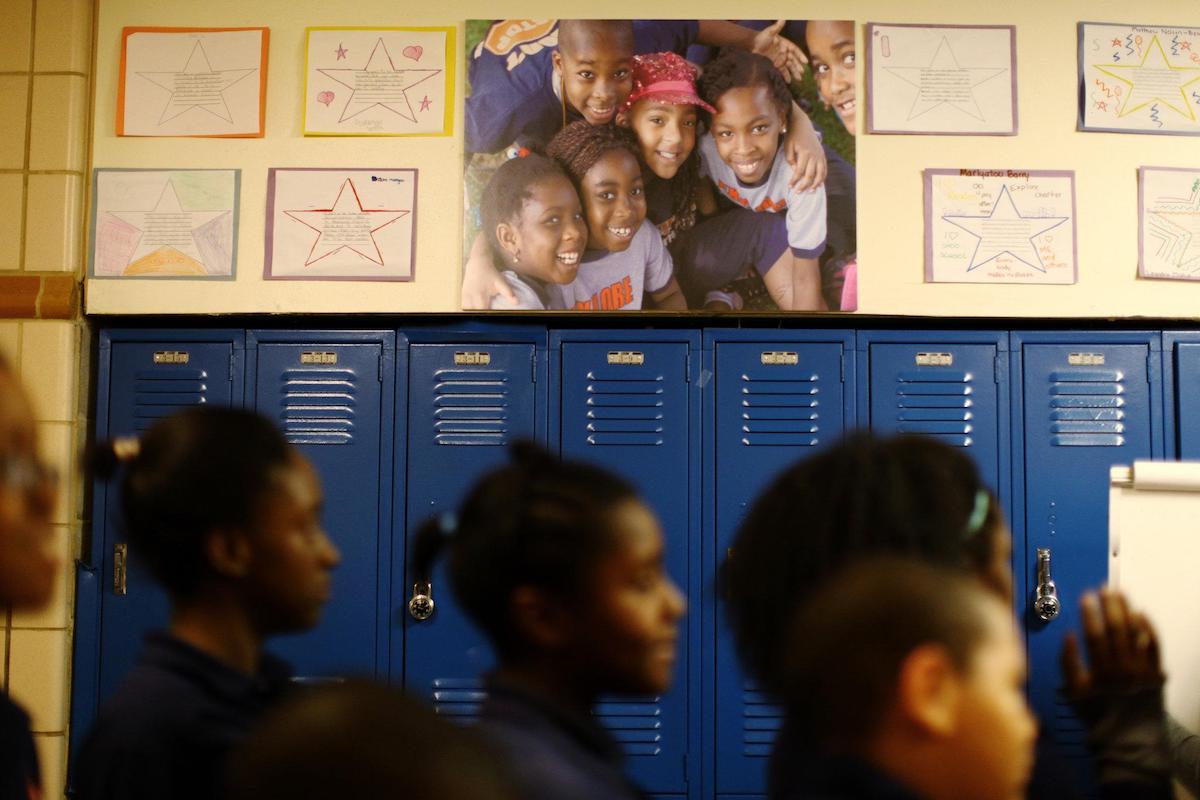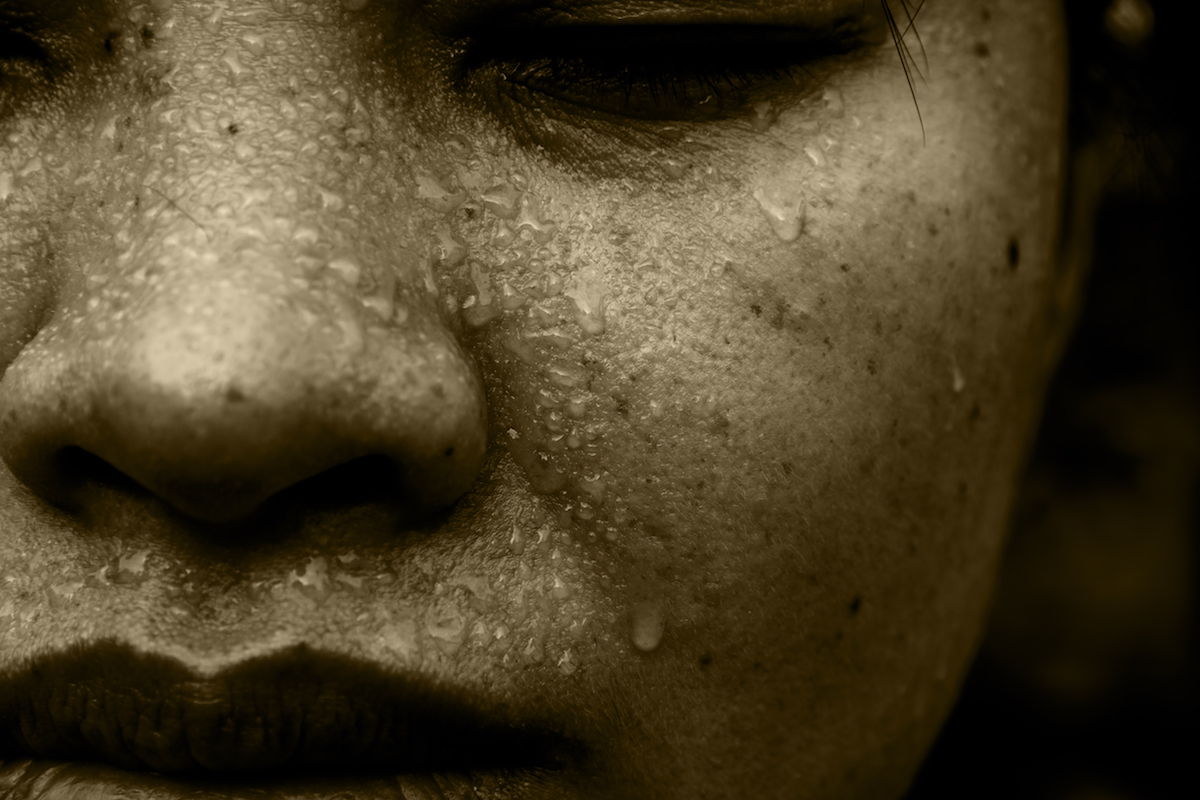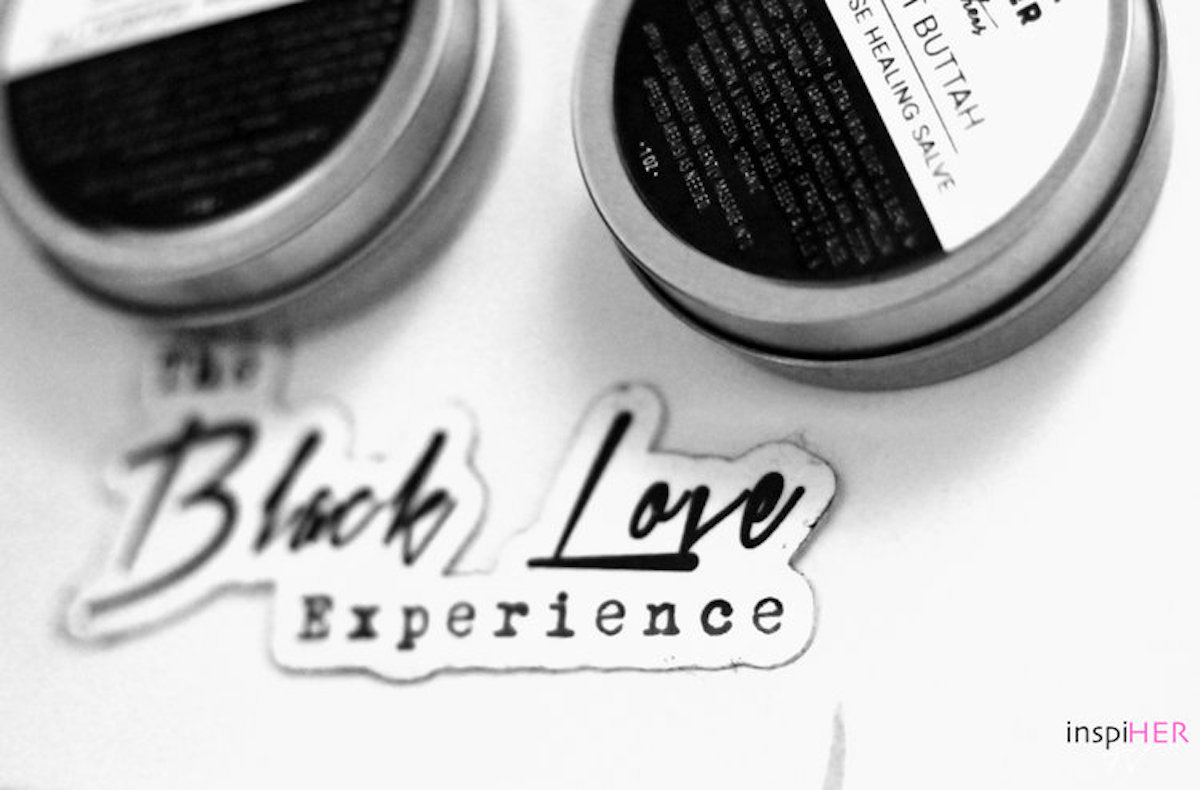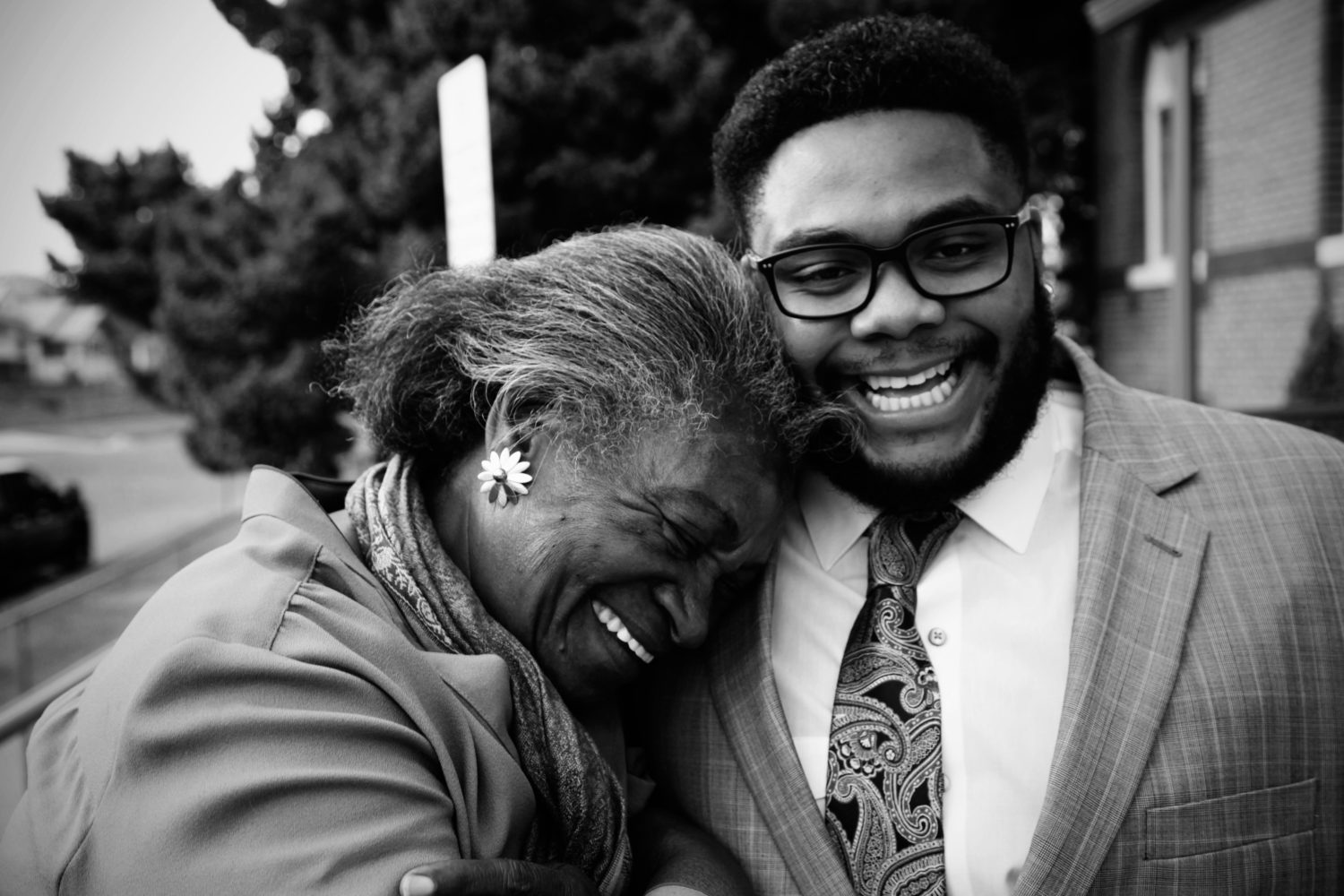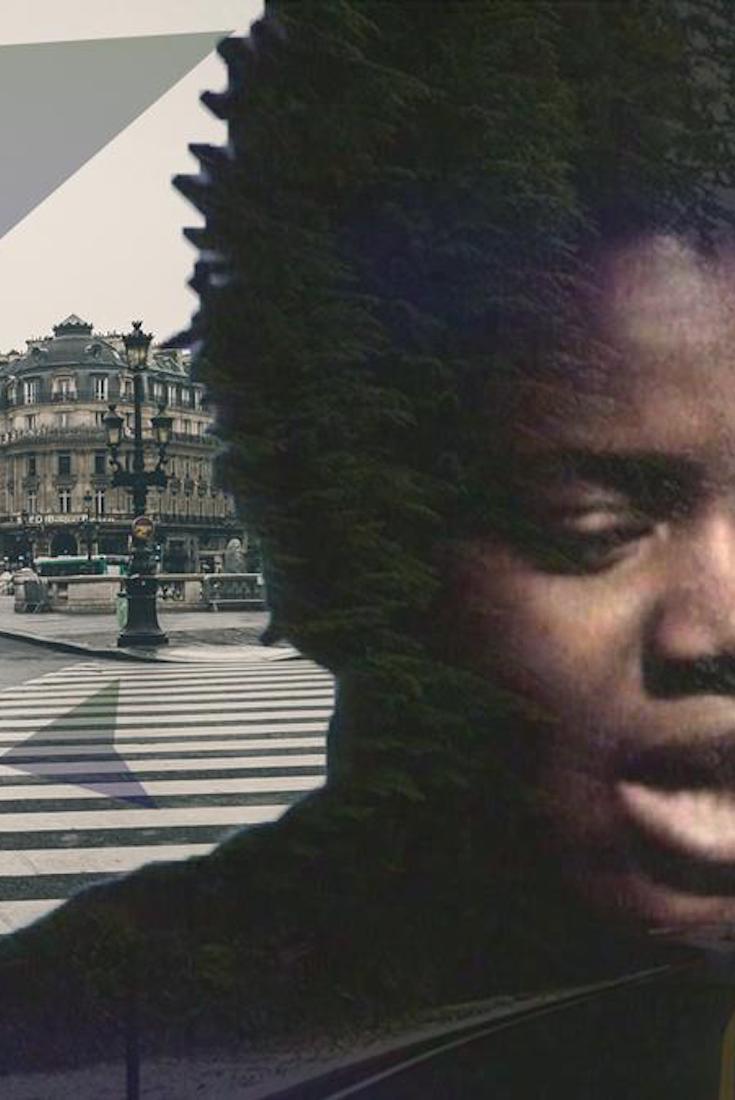The collection of essays, poetry and letters, edited by Kersha Smith and Marcella Runell Hall, uncovers the tensions, vulnerabilities and power dynamics of true cross-racial friendships.
View MoreCategory: African American Families
Laila Ali Partners with TIAA on “Difference Maker 100” Initiative | The Network Journal
Giving back is something that comes naturally to retired (and undefeated) professional boxer-turned-entrepreneur Laila Ali.
View MoreMichigan to Stop Distributing Free Bottled Water in Flint | Colorlines
Many of the city’s residents do not trust—or use—what comes out of their tap.
View MoreWe can’t ignore race in the tragic story of Devonte Hart and his white adoptive mothers | The Washington Post
There’s a dominant narrative of white innocence that contributes to the perception of white parents who adopt black children as selfless do-gooders.
View MoreA New Black American Dream | The New York Times
African-American parents can’t stop demanding equality, but perhaps we need to start dreaming of a different kind of success.
View MoreBlack With (Some) White Privilege | The New York Times
How does having one white parent change that “twice as good” calculation?
View MoreBlack Love Experience Promises a Passport to Wakanda in Southeast | AFRO
In a small corner of Anacostia where the vestiges of D.C.’s Chocolate City remain, lovers of everything black, beautiful and wondrous gathered to dance, mingle and heal.
View MoreNew Website Uplifts Black Grandmothers | The Washington Informer
An assistant professor of American ethnic studies at the University of Washington has created a website dedicated to the role African-American grandmothers play in their communities and the lives of their grandchildren.
View More7-year-old ‘Black Panther’ fan surprised with a message from M’Baku actor Winston Duke | ABC News
“Black Panther” fans have been recreateing M’Baku’s iconic entrance in the hit film and posting their reenactments on social media as part of the #MBakuChallenge.
View More‘Fast Car’ and the Living Histories of Working Class Black Women | Broadly.
Tracy Chapman’s most famous song has a singular point of view, that of a Black woman filled with regret and a sense of longing for a life not lived.
View More
